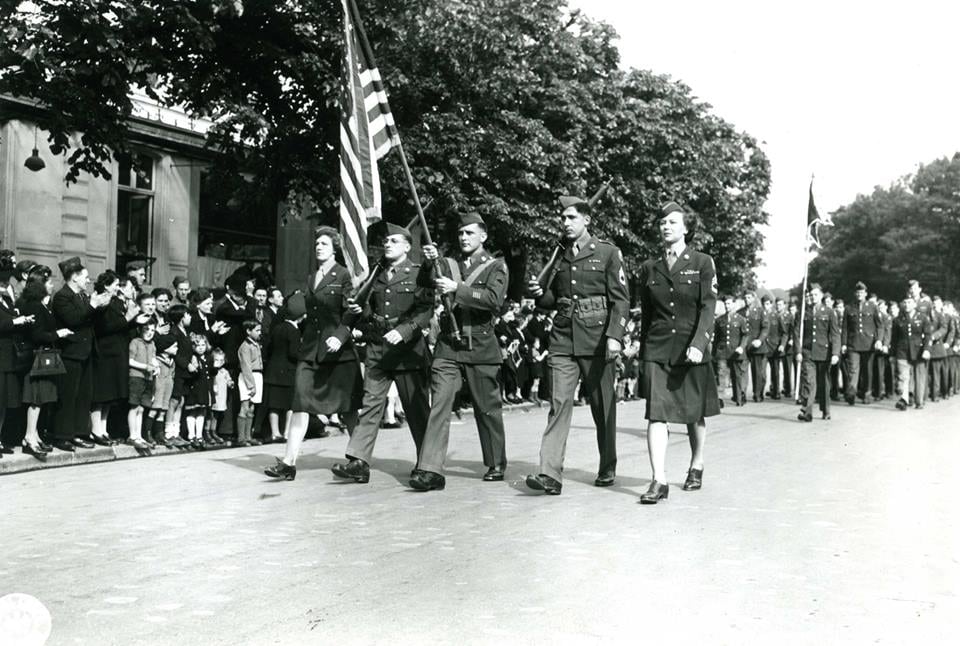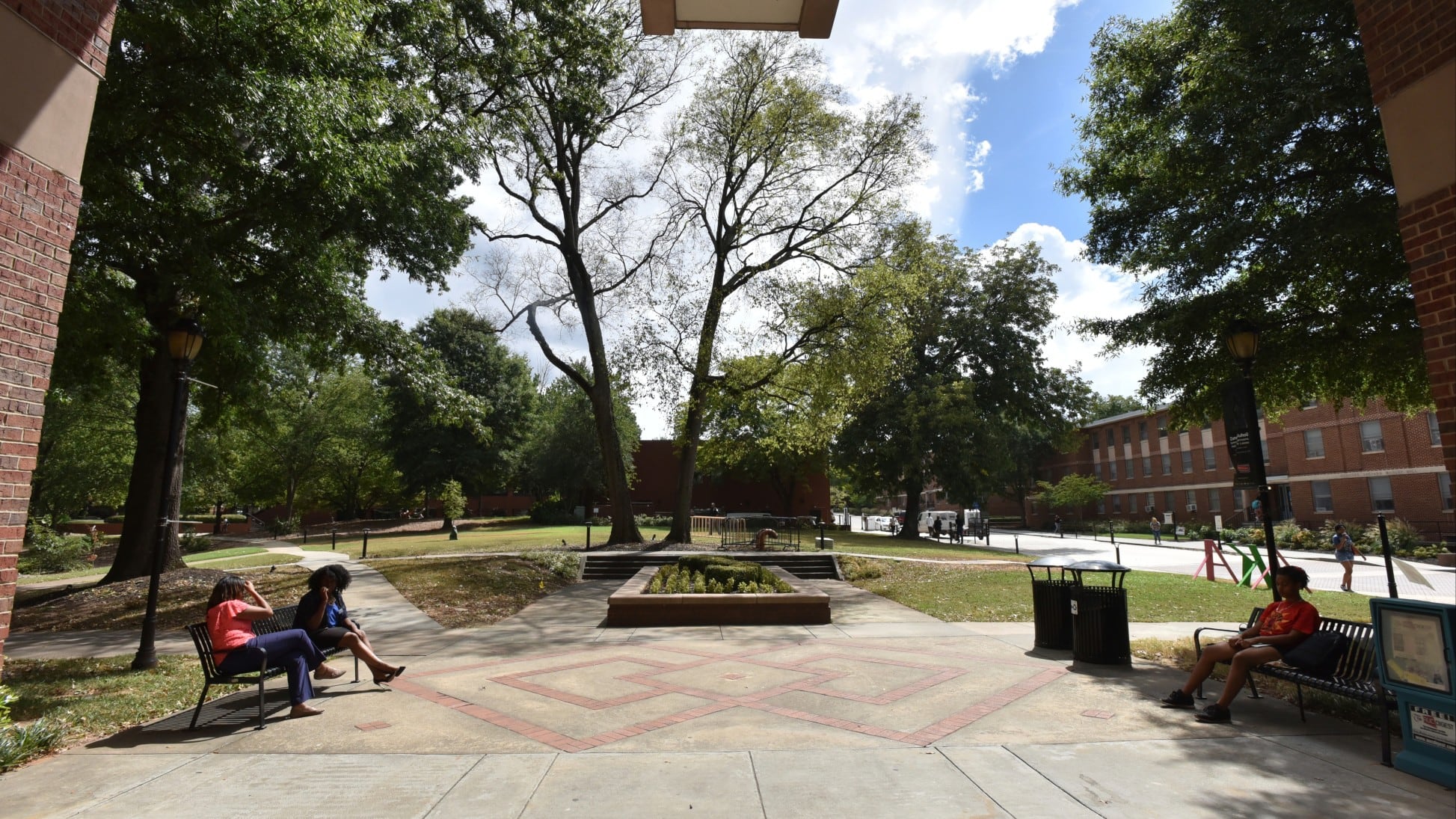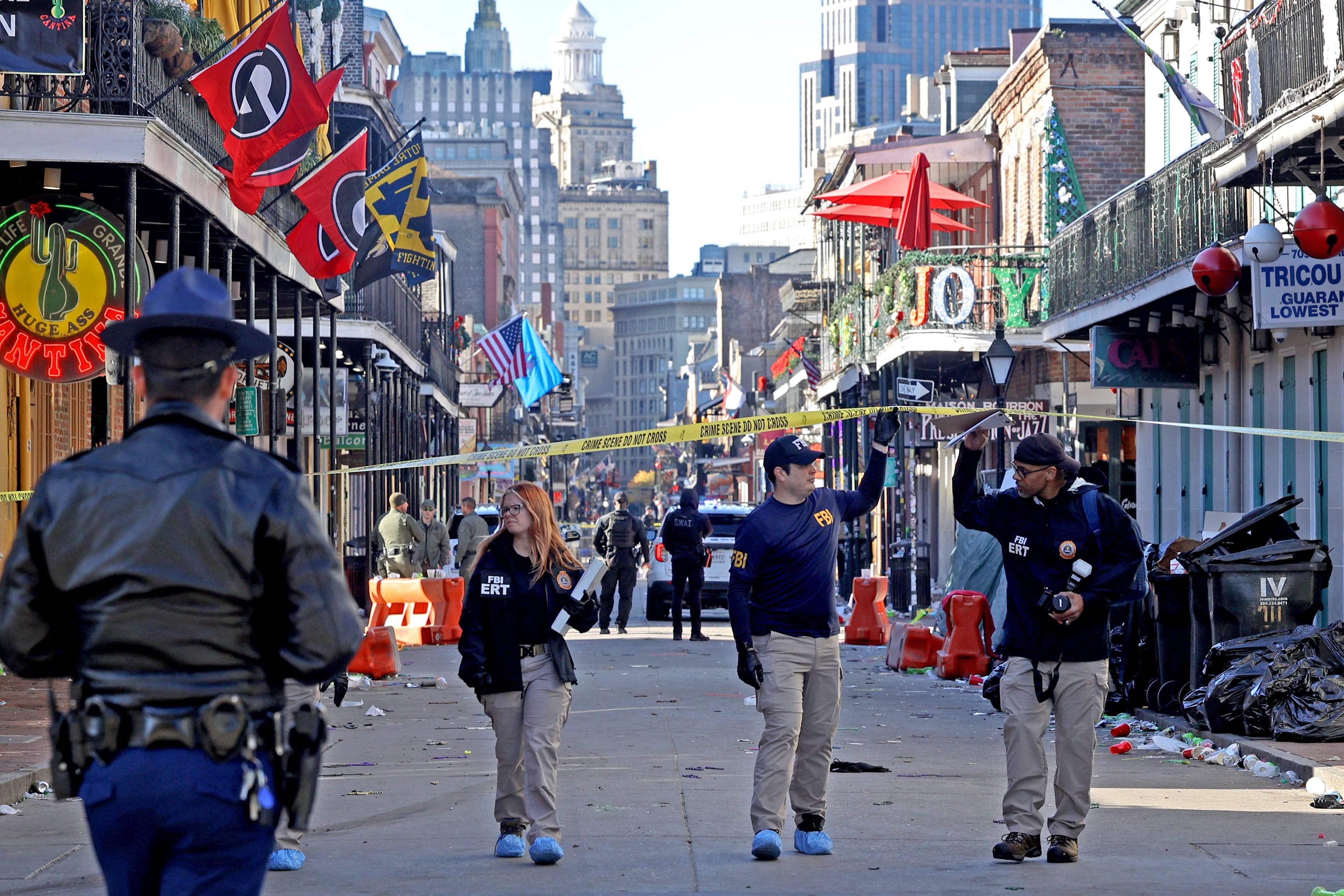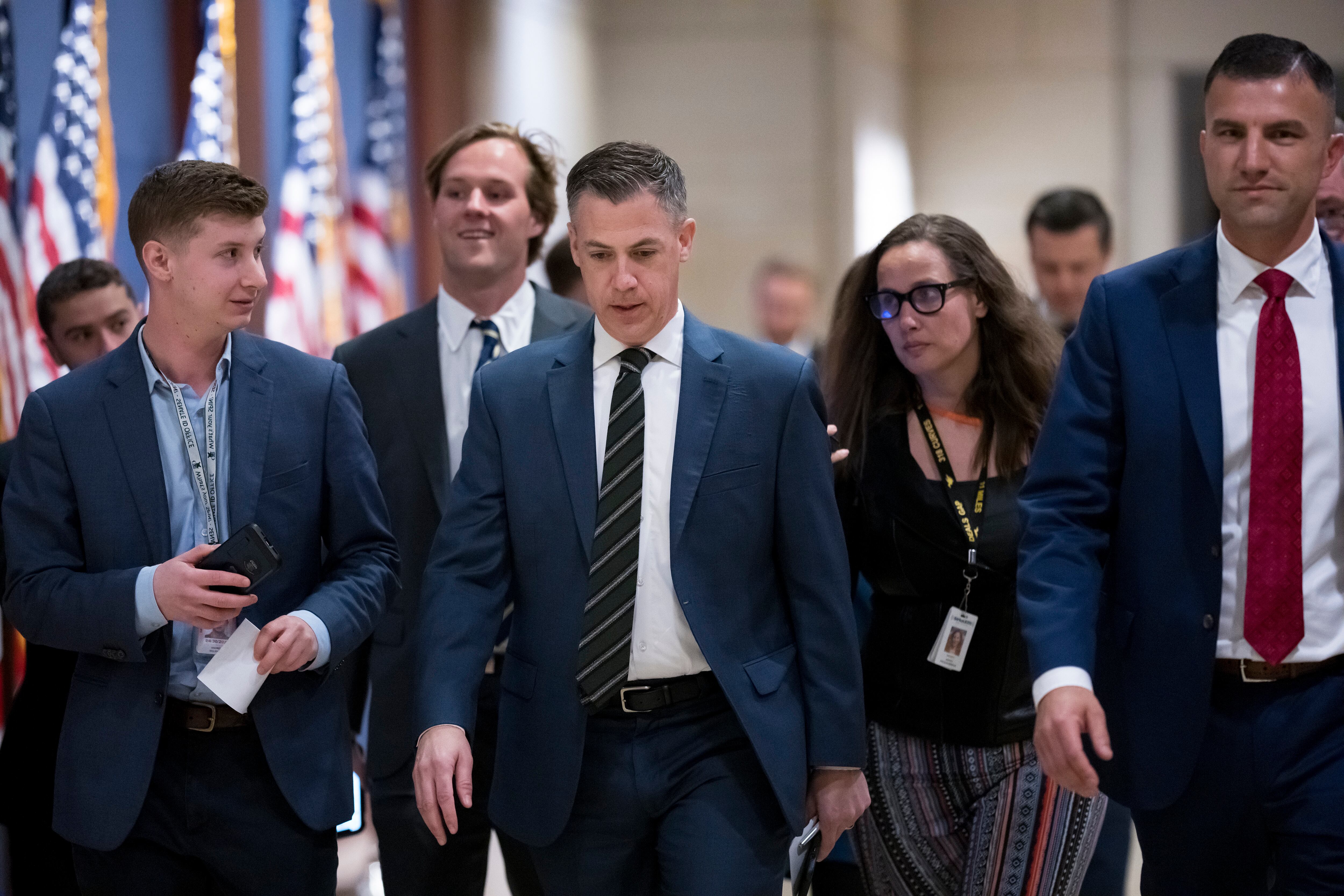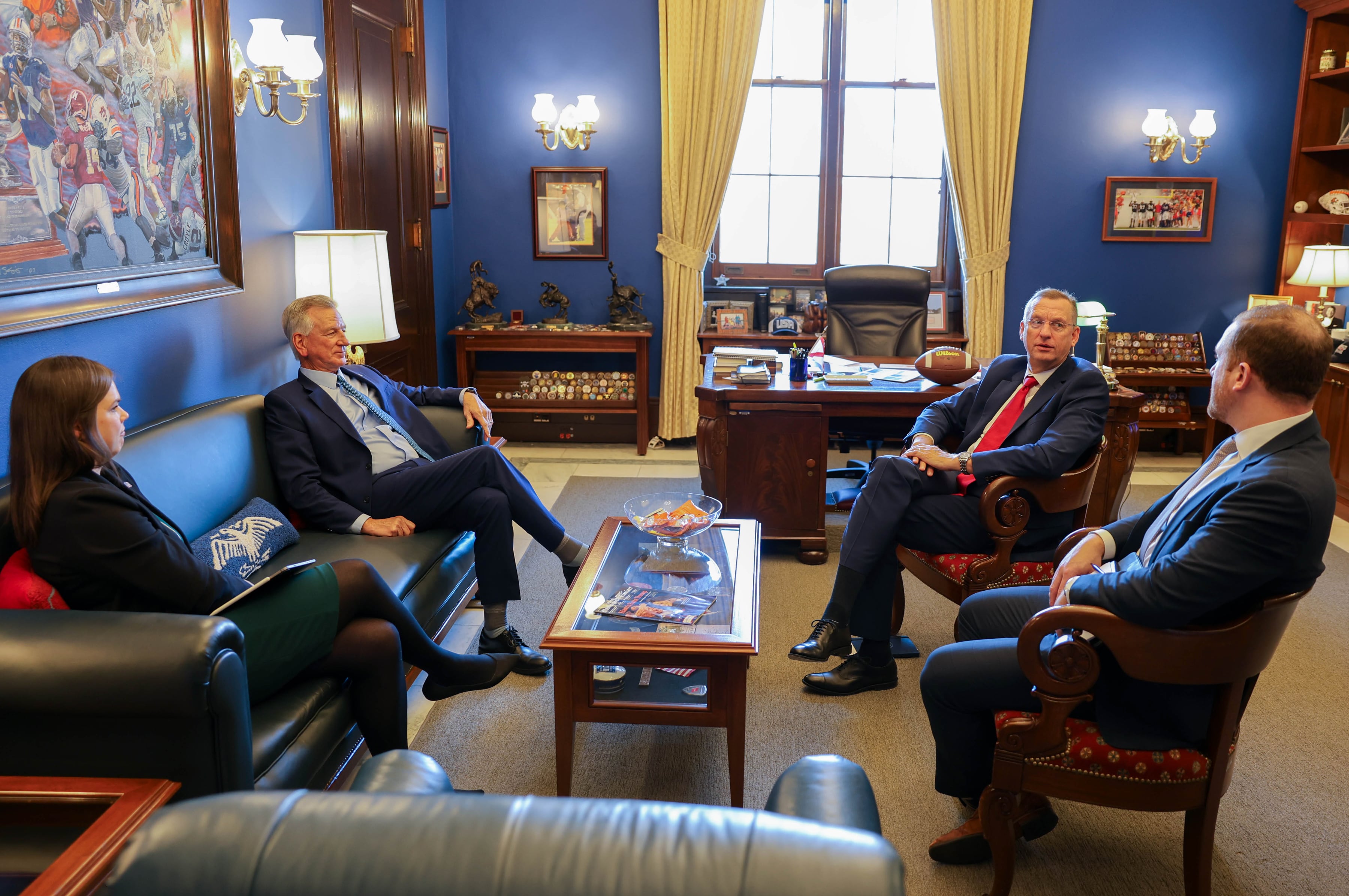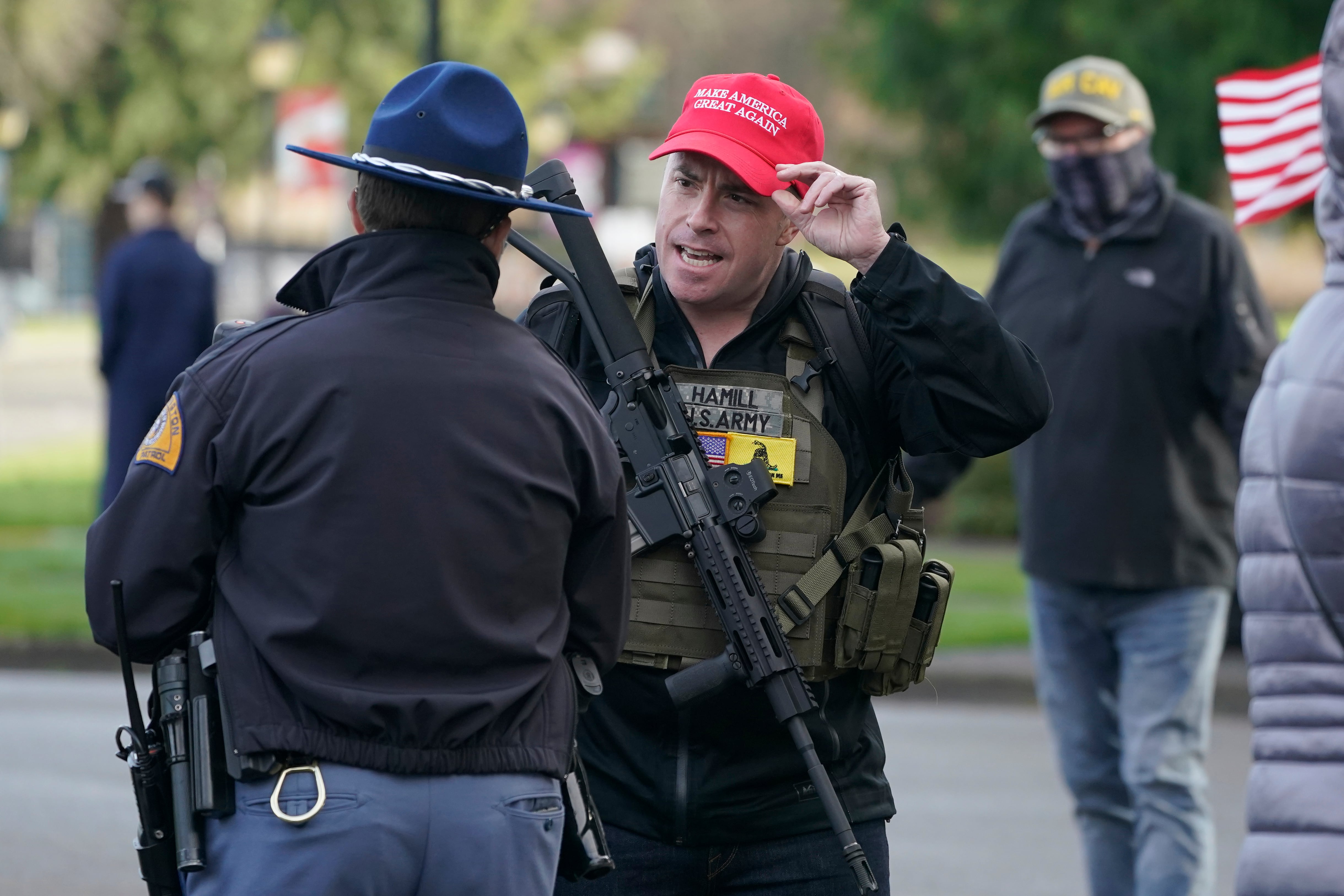STUTTGART, Germany – It was 75 years ago this May that the guns fell silent across Europe. The continent had been embroiled in a conflict unlike any before. The toll on all sides was extreme, and the five and a half years of devastation in both human and physical terms were horrific. Echoes of the war’s scope are memorialized in our shared lexicon in terms like “blitzkrieg,” “D-Day,” “Holocaust” and finally “liberation.” Battlefields like Dunkirk, Stalingrad, Anzio, Normandy, and Bastogne resonate with profound meaning, yet only hint at war’s totality. As the generation that lived through and fought in the war passes on, there is no question that World War II forged the world we live in today and still provides us lessons to learn from.
When the conflict in Europe came to an end on May 8, 1945, millions of people around the globe rejoiced in the Allied victory, and the arduous transition to recovery began. Although the war in the Pacific raged on, Victory in Europe (V-E) Day was an occasion for celebration. Church bells rang out, evening lights flooded the night sky once again, and crowds gathered together in both sorrow and joy. Even for the great many who were not celebrating, there was relief that the ordeal would finally be over.
So why should V-E Day still matter for us today? Why should we pause to reflect on events that seem ever further in the past? For one, as our greatest generation passes into history, this 75th anniversary is a last chance to look back together and thank them. As we live through the challenges of our time, reflecting on the deeds of those who fought for liberty and freedom 75 years ago provides a model for courage and endurance.
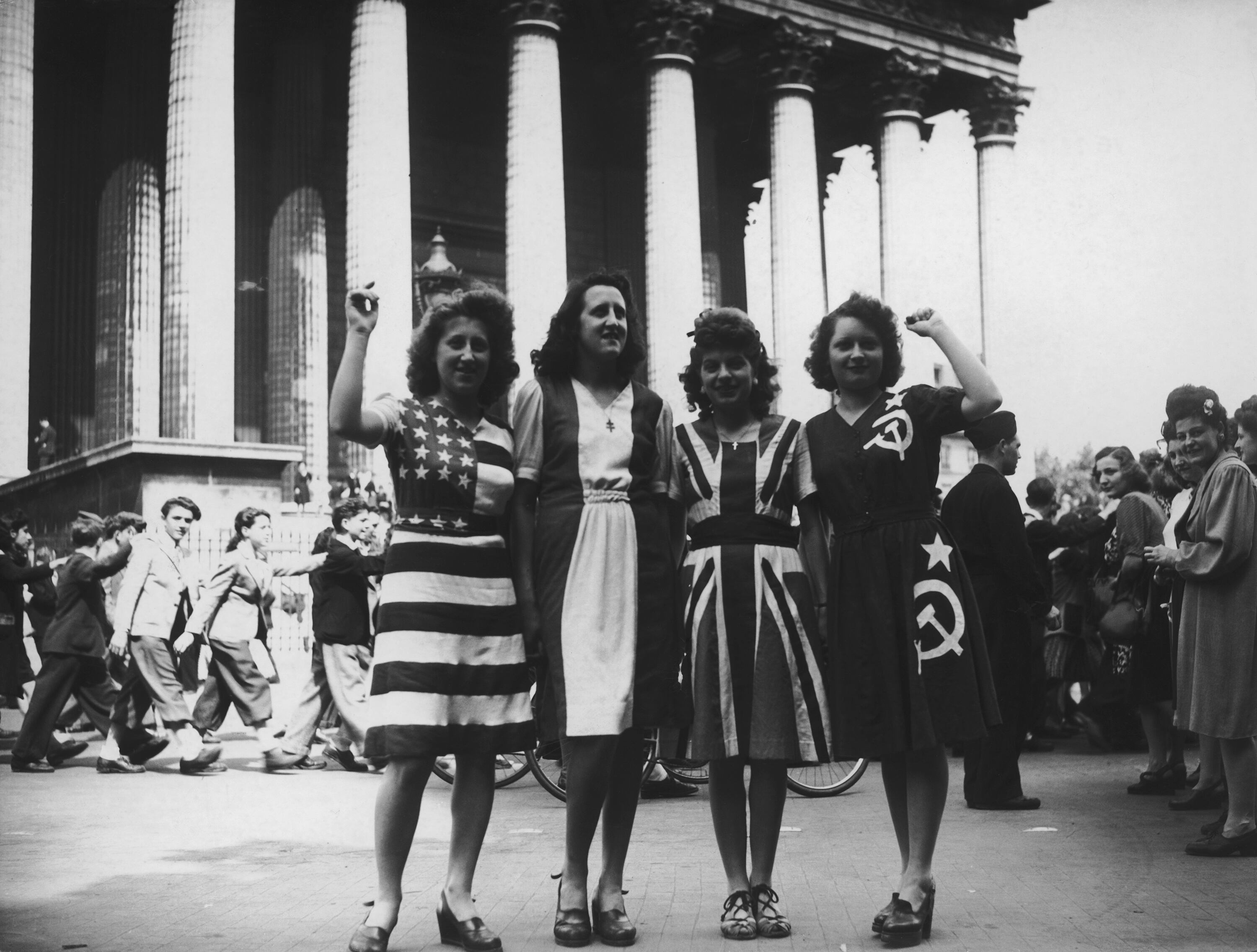
Victory in World War II also demonstrated how dedicated allies with a common purpose and shared values can prevail. I think General Eisenhower said it best, "The first and most enduring lesson of the Mediterranean and European campaigns was the proof that war can be waged effectively by a coalition of nations." That coalition was truly global in its composition as nations from every continent sent troops to support the Allied cause. Units both large and small from such far-flung places as Algeria, Brazil, New Zealand, and Mexico stood shoulder to shoulder on the battlefields of Europe with Great Britain, Russia, France, Poland, Canada and the United States.
Our dedication to a common purpose and shared values still guides our mission at USEUCOM. The bonds forged in wartime gave birth to modern-day partnerships and Alliances such as
NATO. Today, the strength of our transatlantic ties are demonstrated in our collective response to COVID-19 and will be indispensable in recovery.
Finally, we can all draw pride and inspiration from the Allies’ May 1945 victory against a systematic evil. Much of what we presently expect of our world and governments was shaped by those events and aftermath. That our former enemies are among our closest friends and Allies today is a testament to how far we have come from those dark days. Let us not forget.
Over two decades, William Butler has served as historian for several U.S. military organizations including the U.S. European Command (USEUCOM); U.S. Sixteenth Air Force, Aviano Air Base, Italy; and U.S. Air Forces in Europe, Ramstein Air Base, Germany.
USEUCOM is responsible for U.S. military operations across Europe, portions of Asia and the Middle East, the Arctic and Atlantic Ocean. USEUCOM is comprised of approximately 72,000 military and civilian personnel, and works closely with NATO Allies and partners. The command is one of two U.S. forward-deployed geographic combatant commands headquartered in Stuttgart, Germany. For more information about USEUCOM, visit https://www.eucom.mil.
Editor’s note: This is an Op-Ed and as such, the opinions expressed are those of the author. If you would like to respond, or have an editorial of your own you would like to submit, please contact Military Times managing editor Howard Altman, haltman@militarytimes.com.
